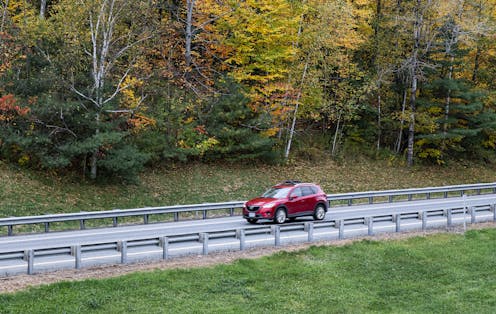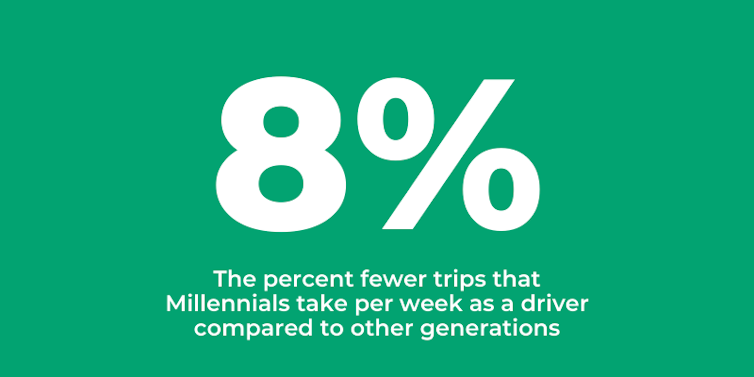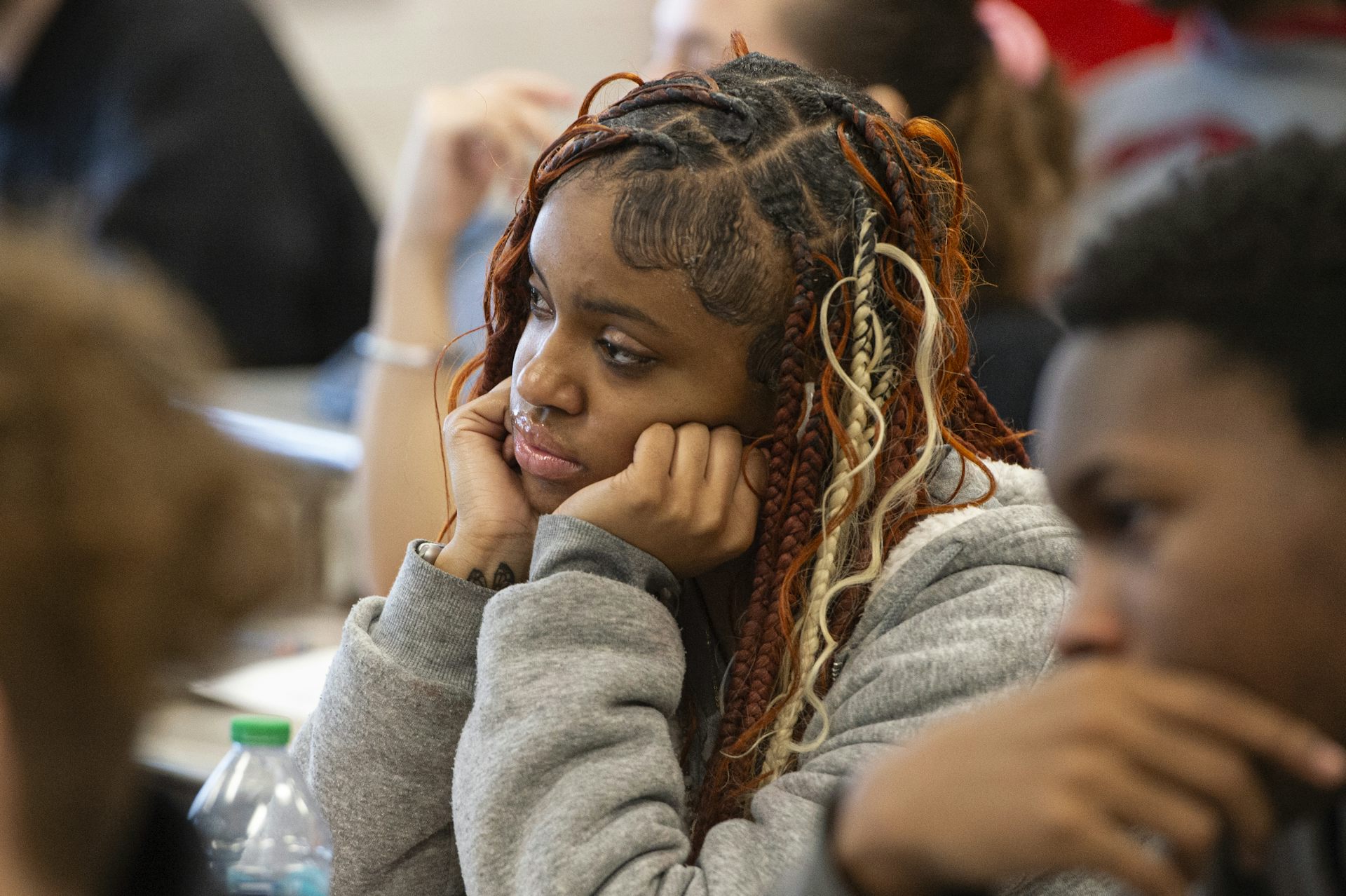Millennials drive for 8% fewer trips than older generations
Research shows that millennials don't drive as much as previous generations, largely because of their beliefs.


Millennials – typically defined as those born between 1981 and 1996 – have gotten a lot of press, both positive and negative.
Some argue that they are more public-spirited and less materialistic than baby boomers. Others say they are spoiled and entitled. Still others write that they are the same as earlier generations, but younger and with lower incomes.
Understanding how millennials behave has important practical implications for urban planning, industry evolution and climate change. For example, if millennials prefer to take a Lyft and skip the hassle of driving and parking, this could spell big changes for the automobile industry. But if their suburban soccer mom phase has merely been delayed, not skipped entirely, perhaps nothing will really change.
We are scholars of business and sustainability, and our research on millennial driving behavior shows that they drive 8% less than do older generations.
The millennial meh
We recently completed a study for which we interviewed 40 millennials to hear how they really feel about driving.
One quote captured the typical reaction: “I’ve considered getting a car, especially when I was in college. But now it’s like, meh … I mean, like, it doesn’t sound appealing whatsoever.”
To find out if these attitudes were truly representative, we surveyed 2,225 American adults of all ages. On average millennials drive for 8% fewer of their typical weekly trips than baby boomers or Gen Xers.
Moreover, this difference does not disappear when we control for demographic information, proving that millennial behavior is not just about being young, single and low-income. Instead, what distinguishes millennials are their attitudes.
Millennials are more pro-environment than previous generations and less likely to believe driving gives them independence. They also see driving as more dangerous and want a travel mode that offers side benefits such as exercise or the ability to read or use social media.
Nobody can say for certain if these differences will persist as millennials grow into middle and old age, but we do know that millennials have been shaped by shared shocks like 9/11 and the Great Recession, and that they are the first generation of “digital natives.” Those shared experiences may leave imprints that are slow to change.
Other factors
Of course, the coronavirus throws a wrench into the mix.
Auto sales were down 33% in May 2020 from the previous year. But continued calls for social distancing that make riding public transit or using ride-hailing apps less desirable may prompt a rebound in automobile sales.
Perhaps the biggest COVID-19 question is whether millennials will buy more social distance by moving from apartments in the city to detached houses in the suburbs.
But millennials are likely better able to work remotely, and may also be more vulnerable to job losses, so socio-demographic factors may work against a buying spree on their part. That infamous millennial meh may prove hard to shake.
Tom Lyon received funding from the Alfred P. Sloan Foundation to complete this research project.
Wren Montgomery received funding from the Alfred P. Sloan Foundation to complete this research project.
Kim Wolske received funding from the Alfred P. Sloan Foundation to complete this research project.
Read These Next
Revisiting the story of Clementine Barnabet, a Black woman blamed for serial murders in the Jim Crow
In 1912, a young Black woman’s supposed religious beliefs were quickly blamed to make sense of a terrifying…
New dietary guidelines prioritize ‘real food’ – but low-income pregnant women can’t easily obtain it
New research reveals a deepening crisis in prenatal health as geography and income increasingly dictate…
3 generations of Black Philadelphia students report persistent anti-Black attitudes in schools
A sociologist explains how Black students in Philadelphia navigate racial prejudice and find affirmation…






